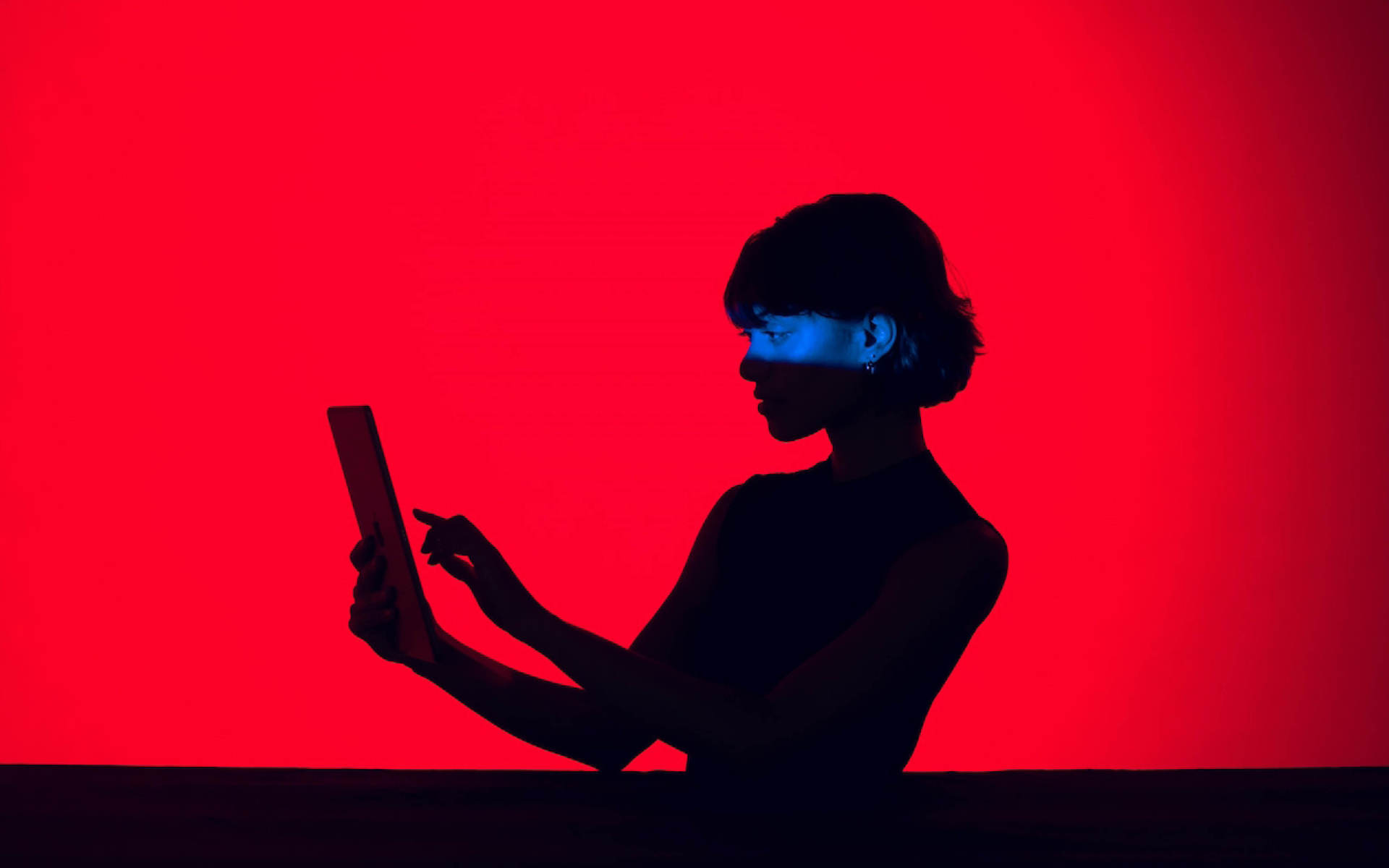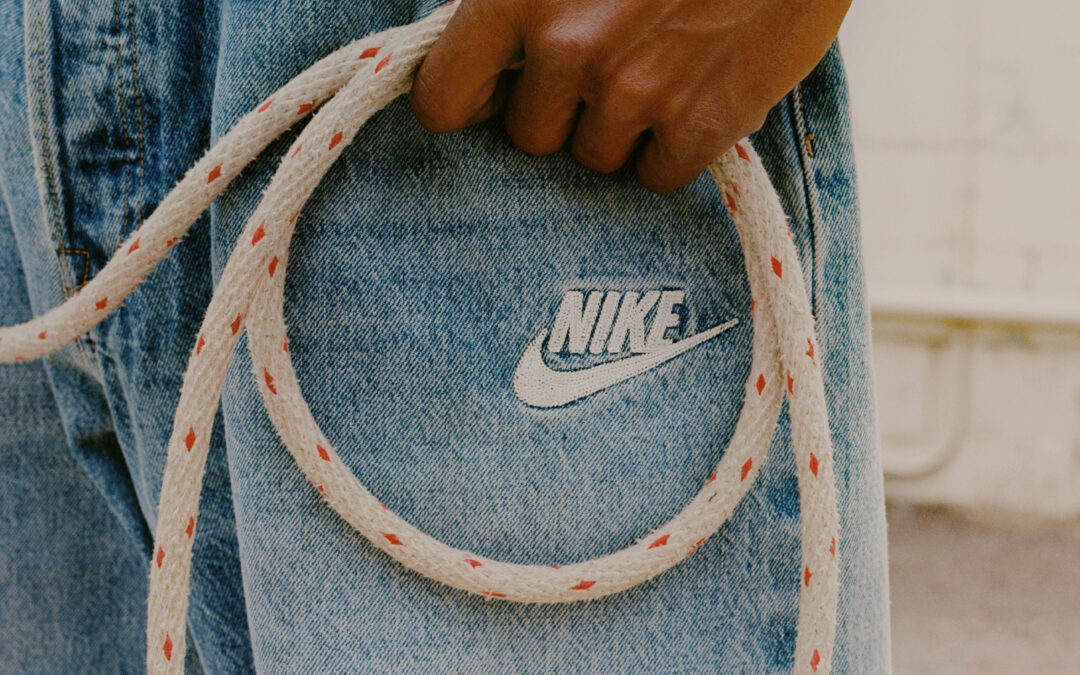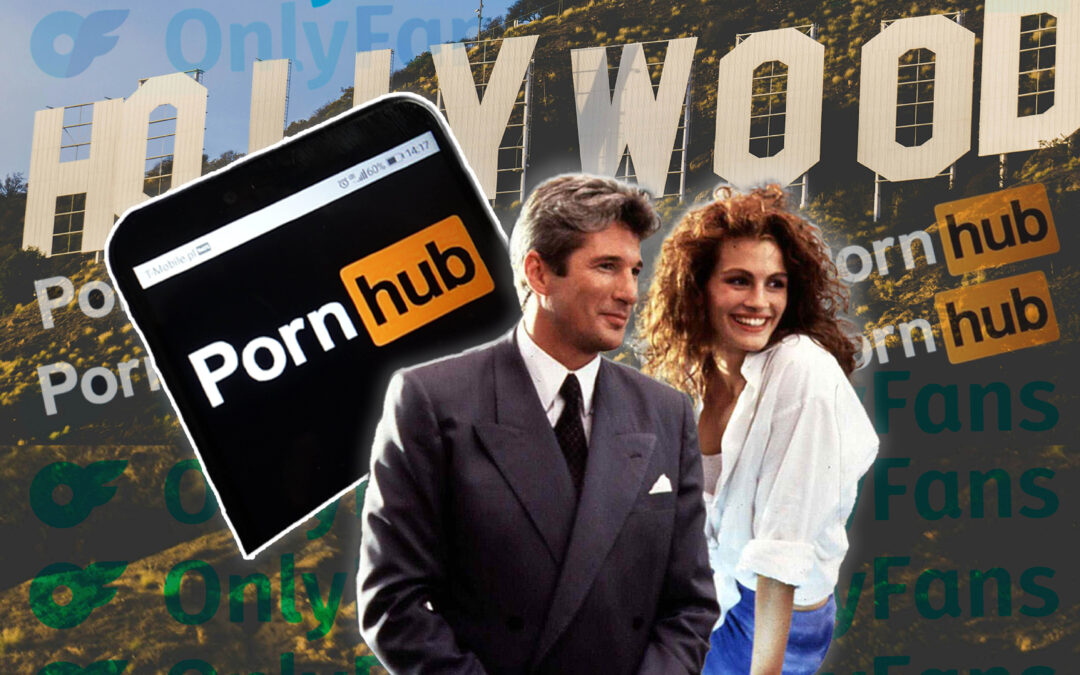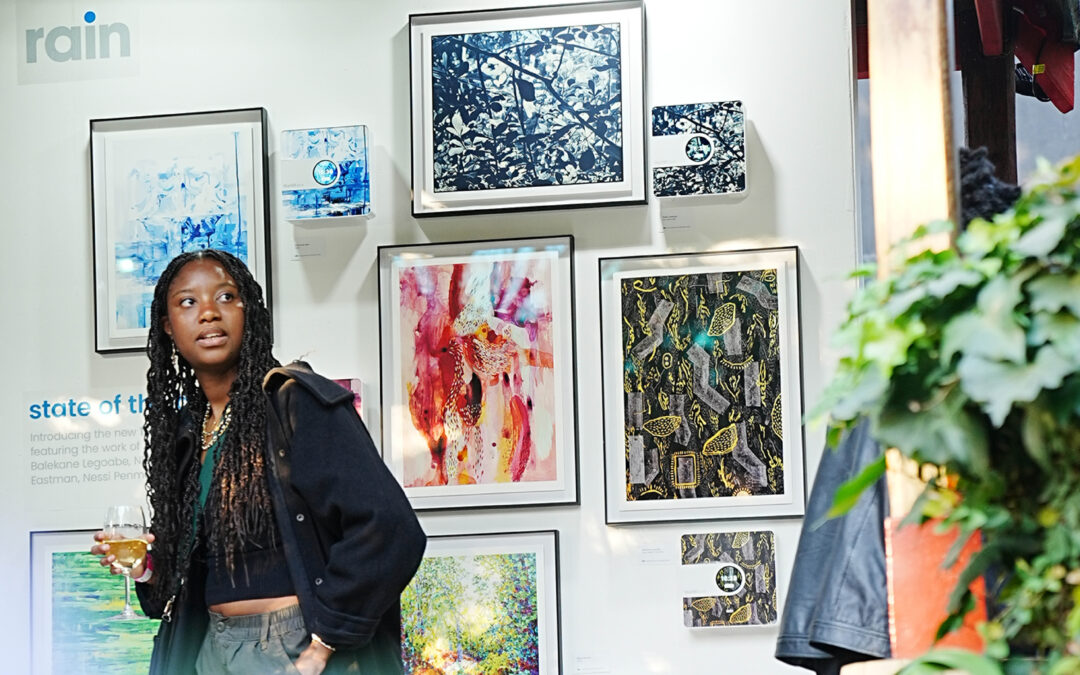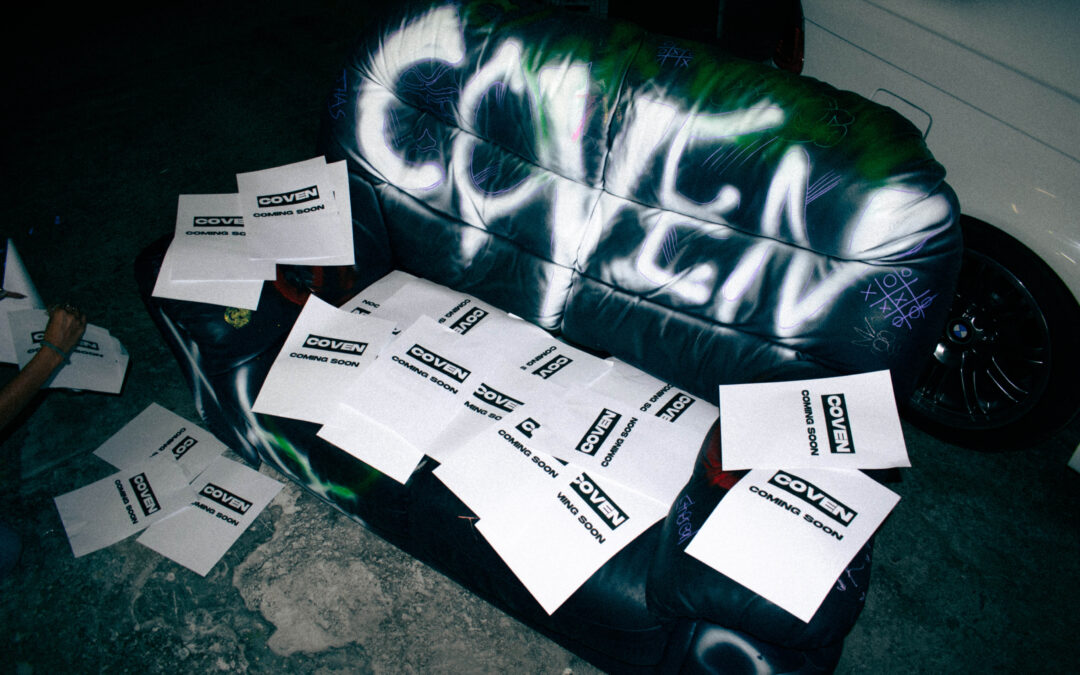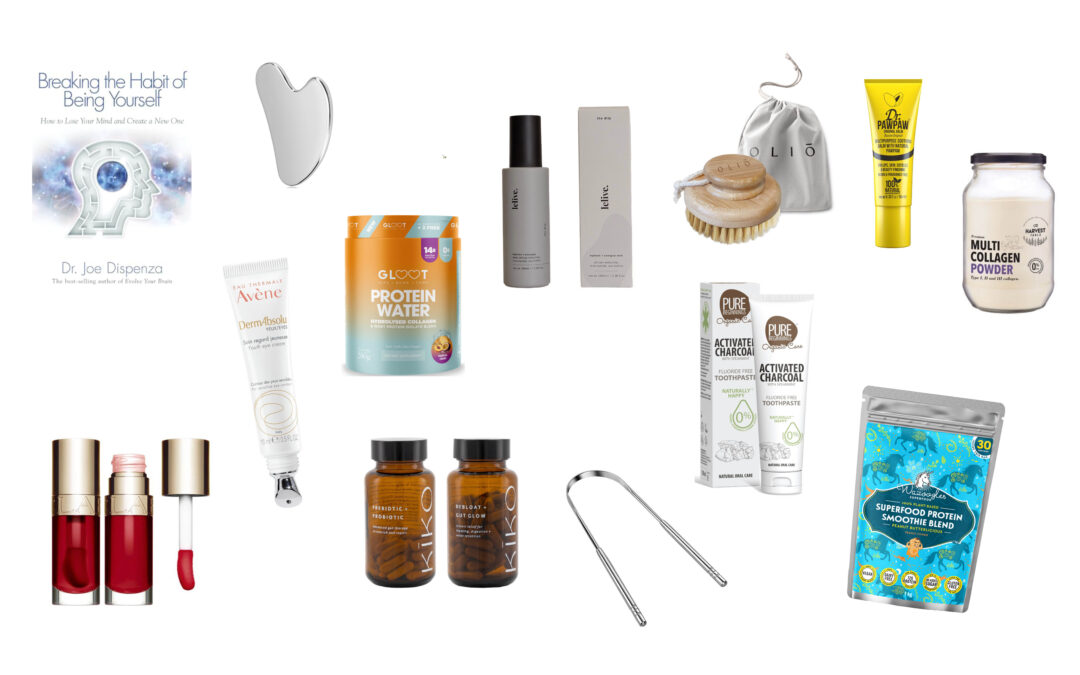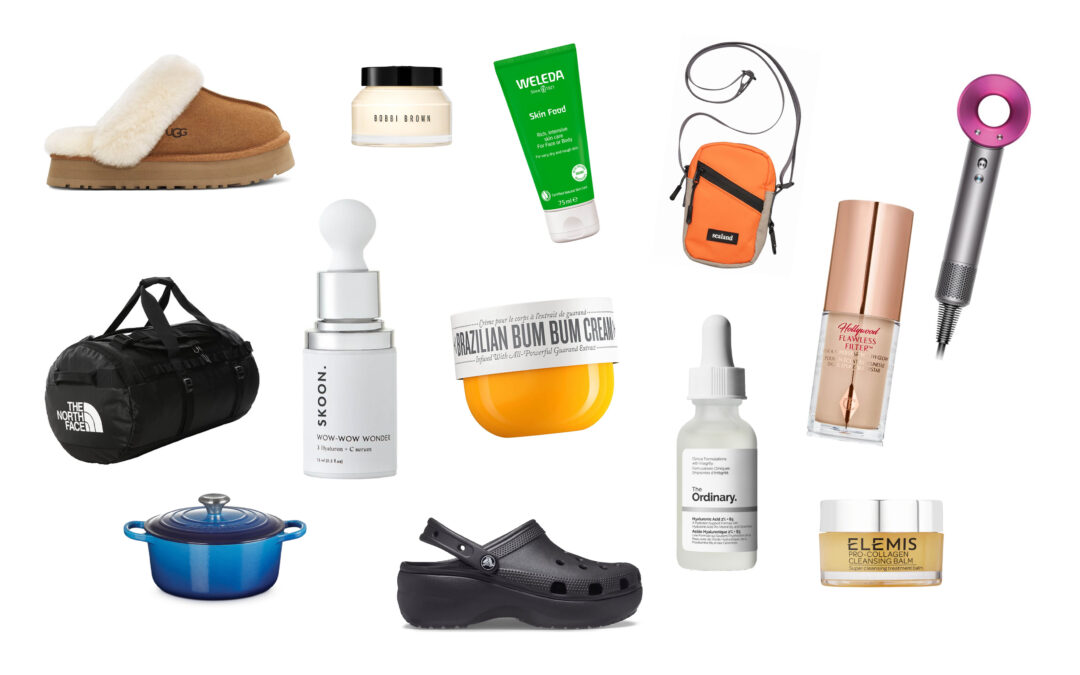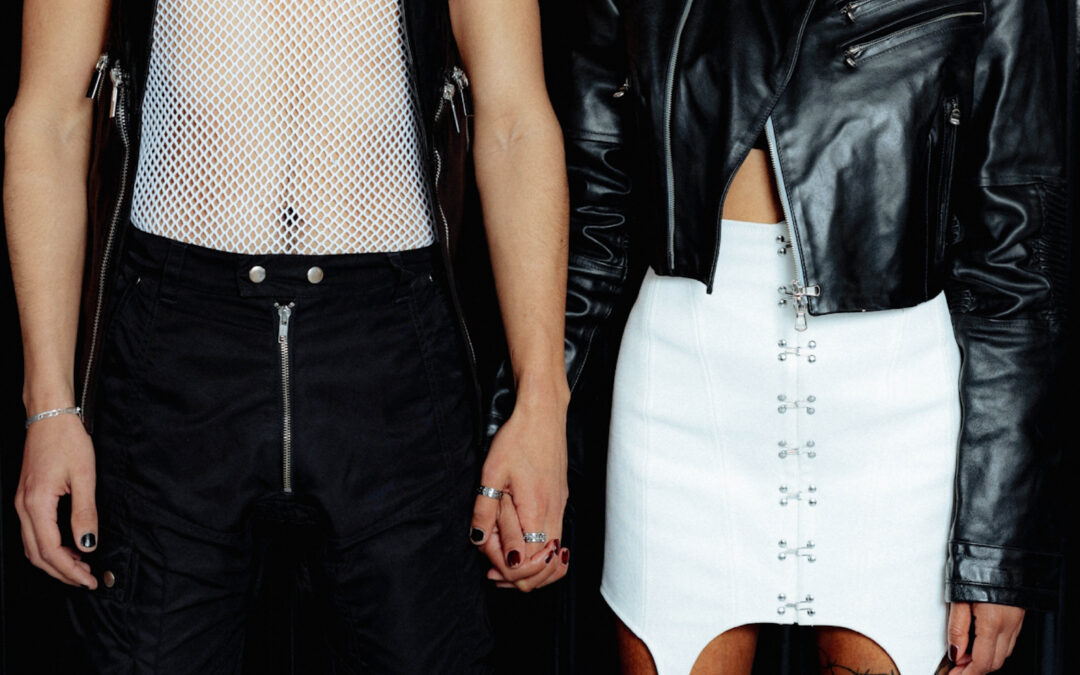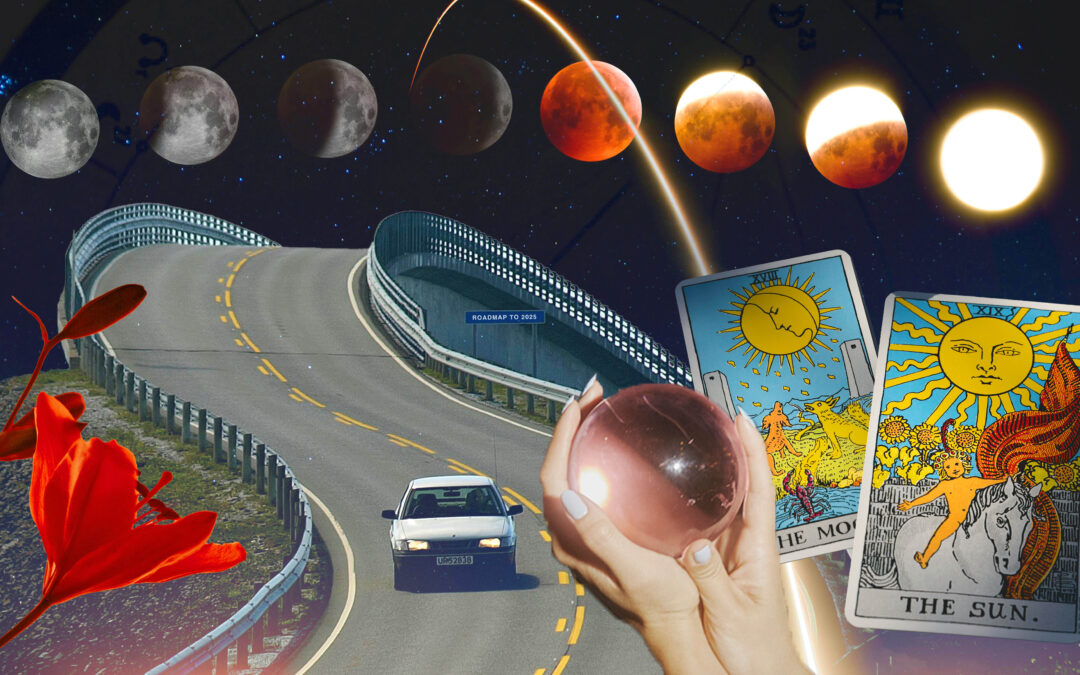Let’s not beat around the bush. Social media is draining. In a world where we are getting ever more symbiotic with our devices, the lines between URL and IRL are becoming increasingly blurred. The sheer amount of screentime fuels an ever-growing pandemic of dissonance and dissociation which then begs the question, is it time to unplug and frankly, can we afford to?
I have my gripes with the four horsemen of the apocalypse: Instagram, Facebook, Twitter and TikTok. If it’s not their unethical business practices and data farming, it’s their ever more dystopian mission to keep us all glued to their platforms as long as possible. The longer we are glued to our apps and devices, the more time companies have to promote their services and products they sell. Have you ever found yourself doom-scrolling or picking up your phone because you thought you heard a notification? Well, this is all by design. There have been full documentaries such as The Social Dilemma in which a multitude of industry experts that worked for the major tech conglomerates, outright tell us that how they design apps and devices is not with ease of use in mind; these platforms are specifically designed to keep us on their platform for as long as possible. In a Vox video, former Google design ethicist Tristan Harris (also of Social Dilemma fame) explains that there are many different manners in which companies and apps draw us to them or keep us on them. Whether it’s the unpredictability of the information provided in your push notifications or simply the fact that these apps have access to constantly pine for your attention, embedded within these apps is a constant attempt to draw you away from what you were doing. Then there is how the presented content is laid out, encouraging you to stick on the platform for far longer than you probably should; bright, vibrant colours, motion, and sound are all there to absolutely peak that dopamine. God, even the manner in which we refresh feeds (by pulling down) is there to simulate that pulling motion of slot machines, and what is our prize? Even more content and ads to waste away the day with. That’s if we even have the choice to refresh the page with TikTok’s infinite scrolling layout proving alarmingly effective.
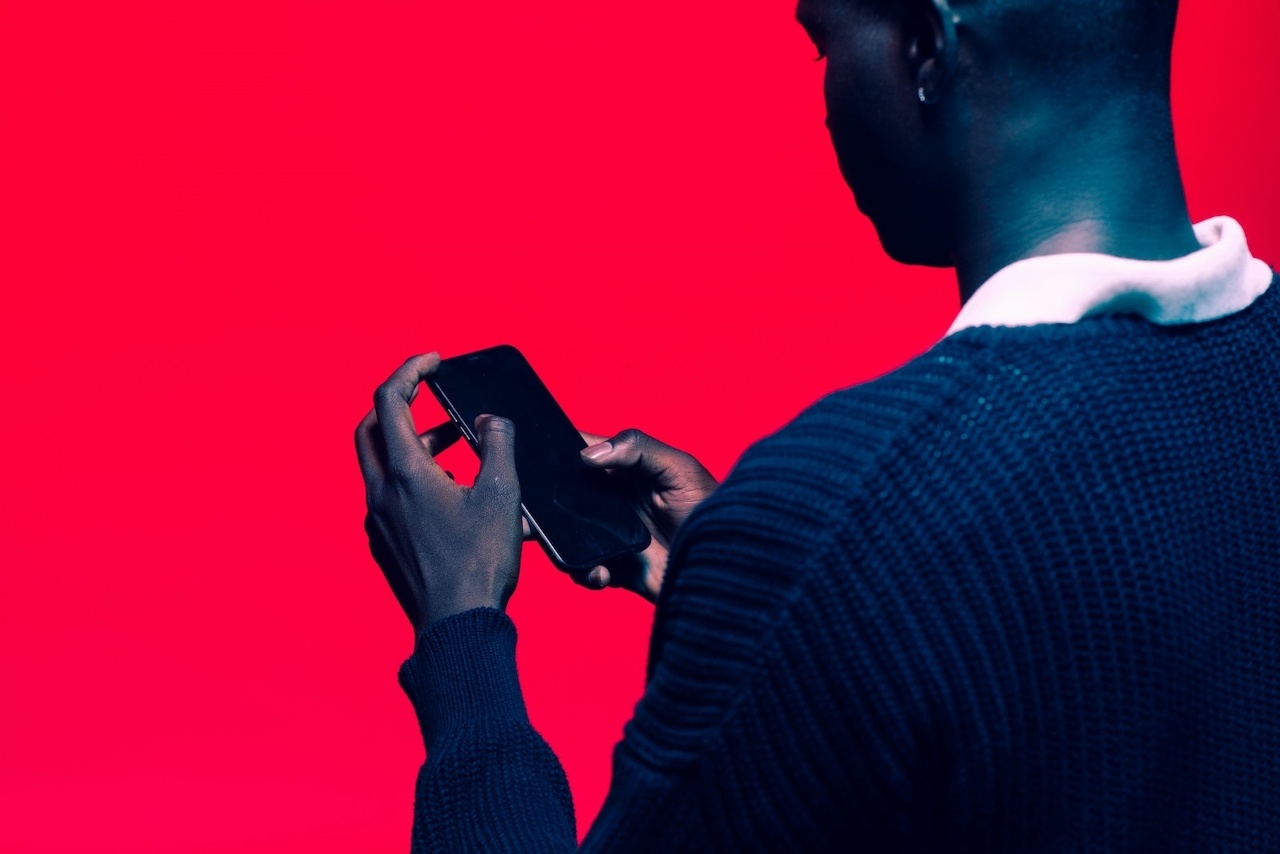
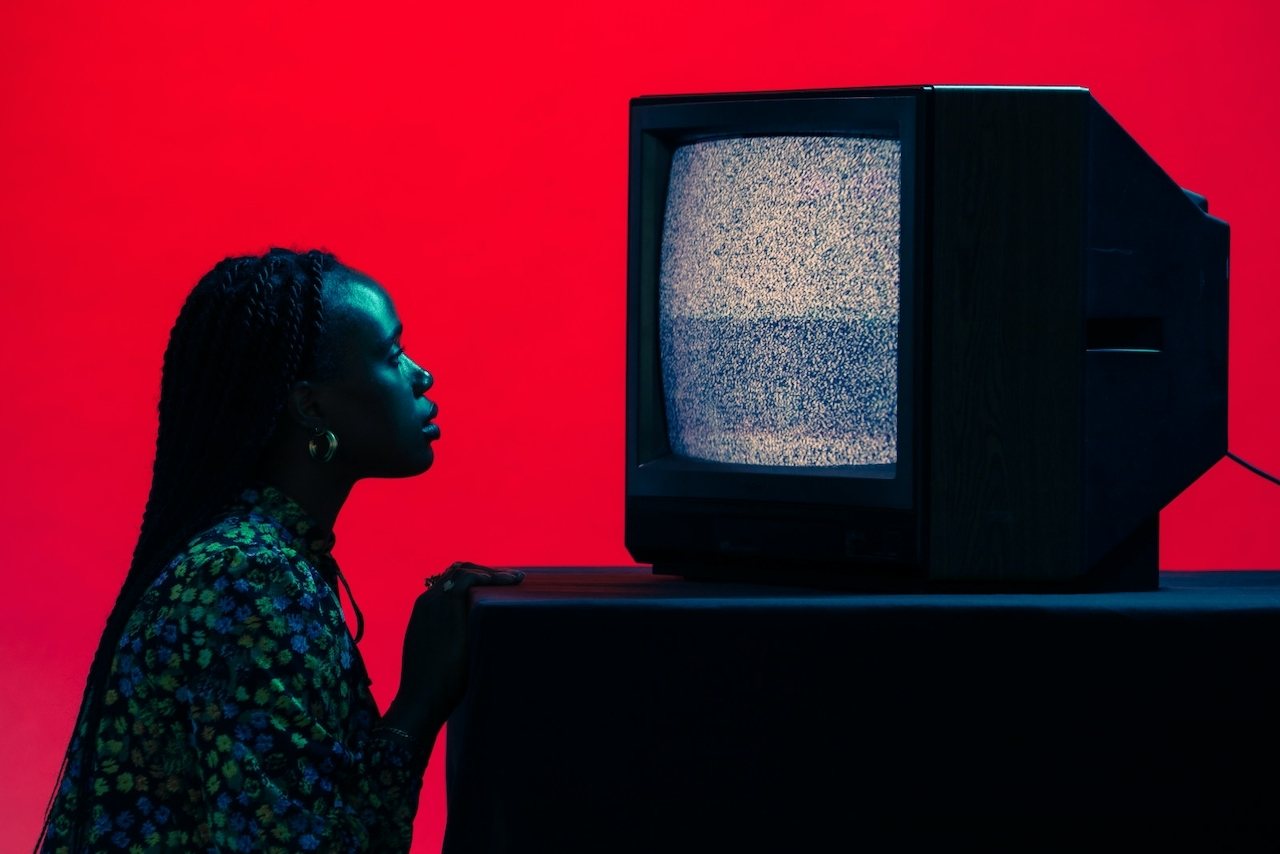
DTS, Nick Fancher.
So what are we to do in a world that, by the day, is becoming eerily more similar to a Black Mirror episode? Where billion-dollar corps are constantly fighting to get our attention while we are desperately clinging to some semblance of sanity via nihilist memes and the relatability of our awkward philosopher king Slavoj Žižek. Well, many boomers will simply say put down those phones, but that is a bit harder than it may sound. Simply put, we spend an average of 395 minutes (six hours and 35 minutes) daily online, just doom scrolling away. A lot of jobs are linked to devices and technology of some sort, and the Covid-19 pandemic rapidly accelerated our occupation’s integration of tech. Whether it’s a marketing tool or the platform you produce content for and gain inspiration from. I often say that I haven’t enjoyed using social media platforms since starting my career as a writer in 2018.
My experience of opening Instagram has felt like nothing more than work for many years. Is this a trend I should keep an eye on? Is this an artist I want to check out for a potential feature? Is this an angle or a point of interest I can touch on for the column? This widespread experience by creatives, that social media serves as a tool for our careers, is actually a disruptive response to the intended experience of the online escapism heralded by most tech companies. In this slight disdain for the machinations of Silicon Valley, I think many of us, from Zoomer to not-quite boomer, find a semblance of commonality because we find creative inspiration to be productive and carve our careers, online. I think this community and commonality is one of the positives.
Gone are the days of online escapism of coming home after school and playing online games on a capped 3G internet dongle. Long gone are the days of silly little selfies and the innocence of filters on Instagram; that frankly was nothing short of a travesty. Social media platforms are basically no longer as much about the social aspect as they are a tool for self-marketing and business opportunities. We no longer find an escape in the online sphere as the online sphere is such an integrated part of our IRL lives. I can’t escape online because the very thing I am looking so desperately to escape from is also found online. Death to Stock Photo is a stock content and trend analysis agency that spoke on this very subject. They argue that all the time we spend engaging in the online spheres, “expanded reality has us longing to go back to the concrete. In our increasingly hyper-connected world, unplugging has become an act of rebellion”. They argue that this has led to an anti-trend emerging where while social media companies aim to build a world in which we could be trapped for so much longer (metaverse and the likes), where some of us as consumers have simply had enough.

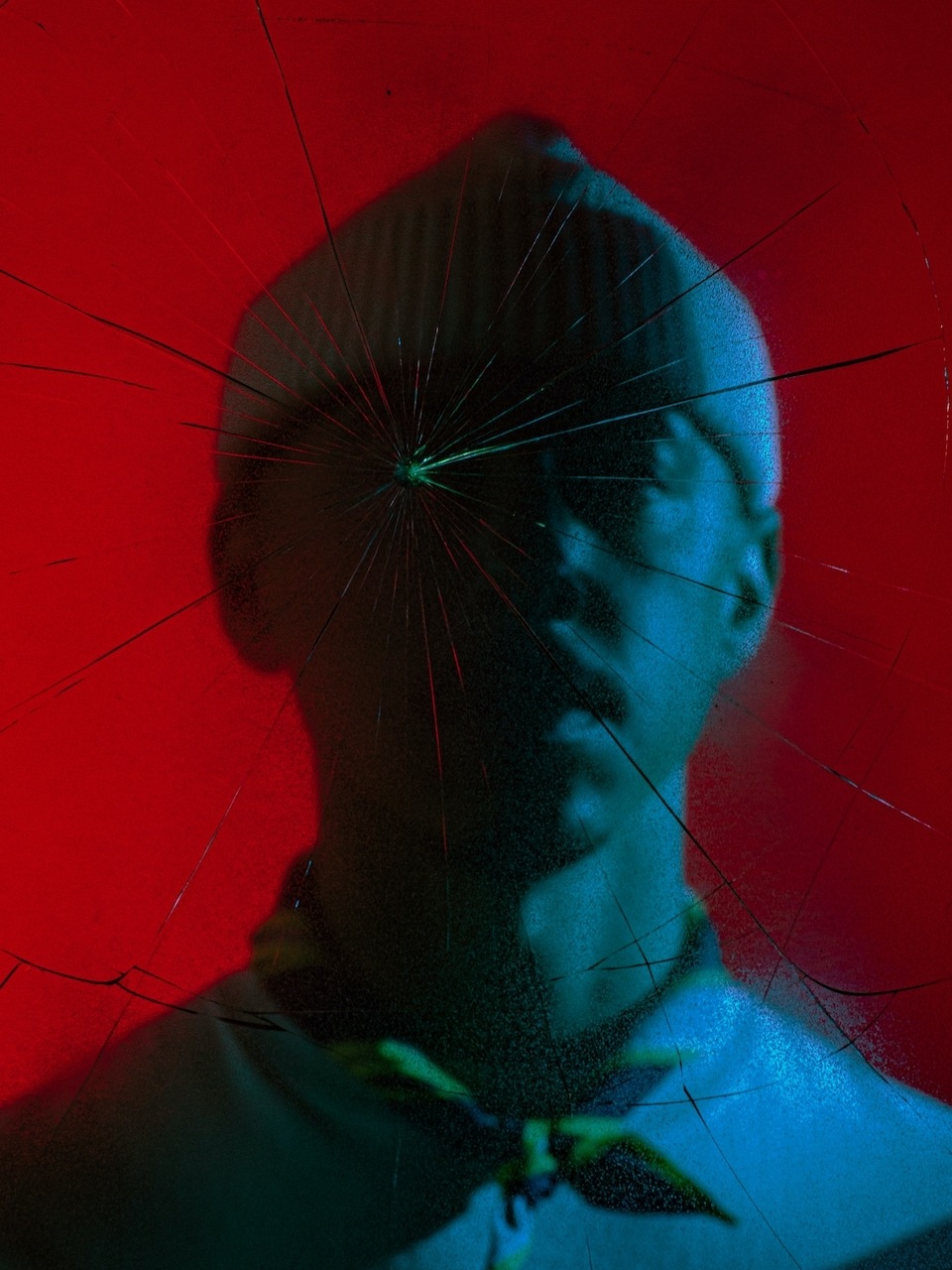
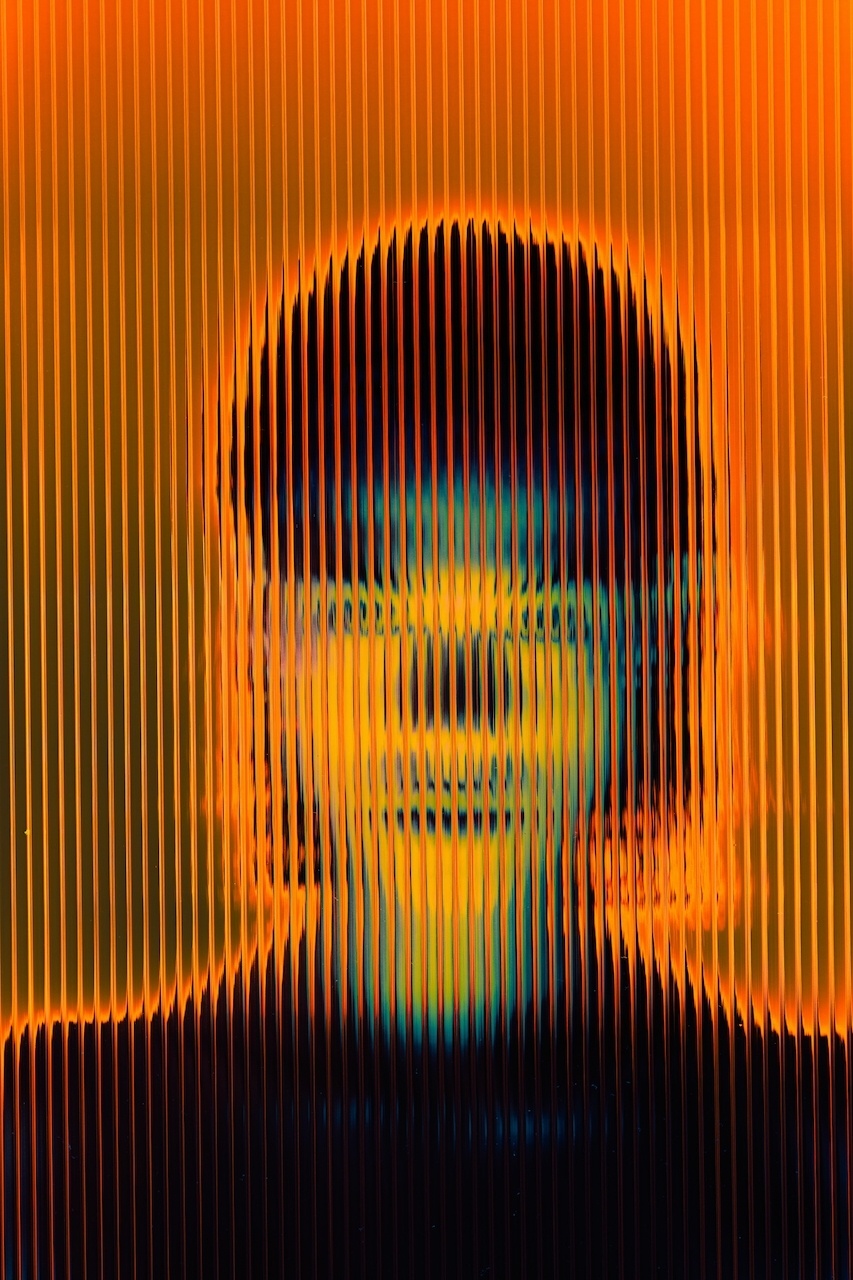
DTS, Nick Fancher.
Enter good old-fashioned IRL (in-real-life) escapism, and God, does it feel good. At some point, we all have taken some form of digital detox. A break away from the social media platforms that have their claws so deeply entrenched in us, or maybe it’s a break from all the dating apps where we delete all traces of us on Tinder, Bumble and Hinge (just to redownload them out of boredom). Now take that intentionality and take it a step further. Take that break from social media and use it to reconnect with nature, people, communities, hobbies, and, well, probably most importantly, yourself. As much as an older generation may loathe to admit it, the youth is actively changing their mentality and engaging in activities that bring them joy. Think of the sheer amount of running, cold water swimming, hiking, climbing, biking, potter- and almost anything you can think of that the youth not only actively participates in but often has a significant influence in as organisers and leaders. Even though I got involved rather ashamedly, turning into a boulder bro that can’t wait to head to the climbing gym and take a physically taxing 3-hour break from anything online has been amazing; picture me throwing my body around and mostly failing to climb anything just to be covered in a ridiculous amount of chalk.
Maybe there was some form of pandemic-related online burnout, or perhaps it was the fact that 2022 saturated our social media feeds with the endless Primavera/Euro holiday post that made it seem like all of Cape Town and half of Jozi had fucked off to skip the winter that left a sour taste in my mouth, but it feels like we have all had the slight realisation that we really can’t depend on other peoples curated online life as a measure of the quality of our own lives. Remember that stat about us having six hours and 35 minutes of average screen time a day? That is actually slightly down (by 2 minutes), and many studies and stats show that particularly Gen Z is trying to be far more conscious about their online engagements. It shows that old social media bastions such as Facebook and Twitter are quite unpopular with Zoomers and that even with their favourite platforms, Instagram and TikTok, they are acutely aware of the impact these platforms are having on their mental health. According to reports by Voxburner, a youth marketing agency, “54% of 16-24s worry about how much time they spend on social media, 37% have taken a break from using social media for 24 hours or more, and 35% have disabled or deleted a social media account because they wanted a break.” These are not statistics you would associate with a generation which is often lambasted and critiqued for their need to be online constantly.



DTS, Warp, Nick Fancher.
However, I wouldn’t count it as a victory against our tech overlords just yet. Remember I said that Death to Stock referred to this IRL escapism as an Anti-Trend. Well, just like trends Anti-Trends are cyclical. I am not the first person to preach a return back to nature and simplicity in a symbiotically connected world, and I will not be the last. The publication i-D reported on something very similar in 2015 just for that line of thought to be swept to the side, waiting to be uncovered and prodded at a later stage, but for an extremely widespread societal shift, I am less hopeful. I think there is simply too much monetary incentive for these tech juggernauts to stop trying. As long as they can rake in billions, tech companies will continue to evolve, expand, and find new ways to keep us locked to screens. To them it’s as simple as finding a way to keep their attention or die and get replaced by an app or device that can. It’s up to us to be responsible for our ‘digital hygiene’ and for the balance so deeply required of us. We have to stay in touch with the reality around us that we can experience with our senses; the world that we can touch, hear, taste and smell in real time. We owe it to ourselves to live with these accelerating technologies with awareness.
I hope this article can serve as a lovely reminder that not all time is spent equally. Doom scroll to your heart’s desire but remember to invest in making time to nurture the things and relationships you cherish and love. Time is fleeting, so don’t let some tech overlord steal it from you. You owe it to yourself.
Written by: Casey Delport
For more news, visit the Connect Everything Collective homepage www.ceconline.co.za

